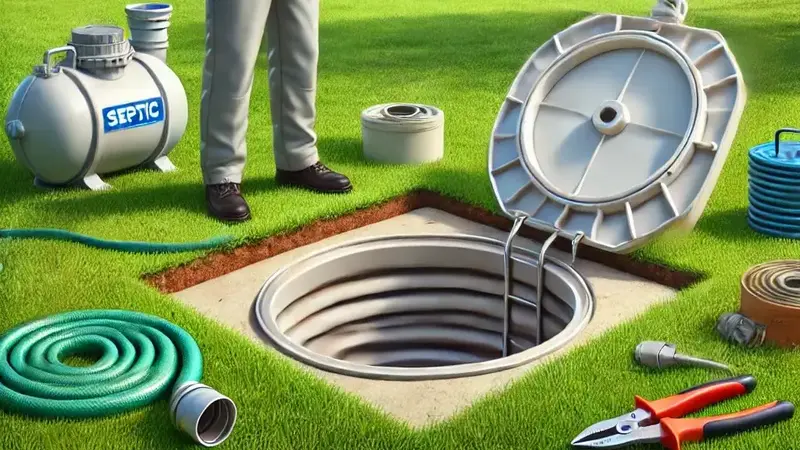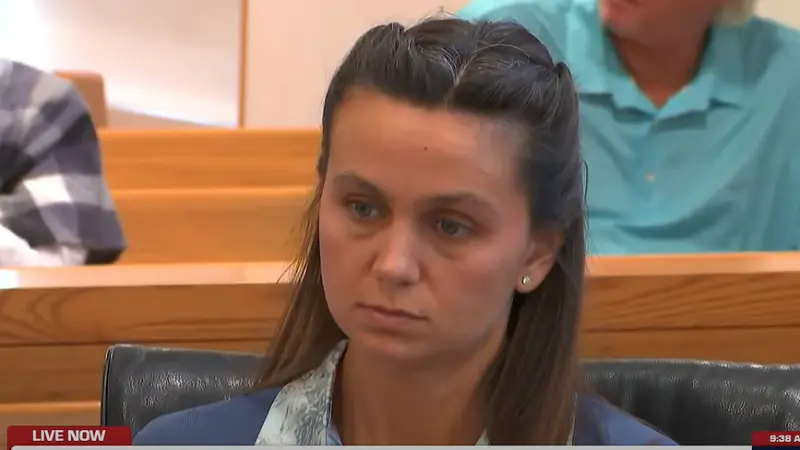Septic tank issues can sneak up on homeowners, often causing significant problems before they are noticed. Regular maintenance is crucial, yet many people are unaware of the warning signs that their septic system might be in trouble.
Understanding these signs can save you from expensive repairs and hazardous living conditions. Noticing these signs at an early stage can have a major impact on the health and effectiveness of your septic system.
Unpleasant Odors
If you start noticing a foul smell around your yard or inside your home, it could indicate that your septic tank needs attention. For a practical solution, consider scheduling septic tank services to keep your system in top shape. These unpleasant odors are often caused by sewage not adequately contained in the tank. An effective septic system should not emit any noticeable smells.
Odors can sometimes be the first hint that your tank is failing or leaking. Failing to address this odor can result in the accumulation of dangerous gases such as methane and hydrogen sulfide, creating potential health hazards. Investigate these smells promptly to avoid more severe complications.
Pooling Water
One clear sign of septic tank problems is pooling water around the drain field. If the tank is full or not working correctly, it can push untreated wastewater to the surface, causing puddles that are not only unsightly but also pose a health risk. This pooling water often contains harmful pathogens and can contaminate your soil and groundwater.
Taking immediate action is crucial to prevent further damage and health hazards. Regularly inspect your drain field for unusual wet spots, especially during dry weather. Addressing these issues early on can mitigate long-term damage to your septic system and property.
Slow Drains
When your sinks, showers, and toilets drain slower than usual, it might be an early signal that your septic system needs maintenance. This can happen when the tank is nearing capacity, or there is a blockage in the system. Persistent slow drains can escalate into more severe problems if not addressed promptly.
Identifying whether the issue lies within your septic system or is related to internal plumbing problems is essential. Slow drains can often be misdiagnosed, so consulting a professional can help accurately pinpoint and resolve the issue appropriately.
Lush, Green Grass
While a green, lush lawn may seem optimistic, it can be a red flag if it occurs only around your septic drain field. This can indicate that your system is leaking wastewater, providing your grass with unauthorized fertilizer. Although the extra nutrients can make your grass greener, they can also harm your health and the environment.
It’s a good idea to regularly check the vegetation around your drain field for unusual growth patterns. Over-fertilization from leaking wastewater can lead to soil degradation and negatively impact the surrounding ecosystems.
Gurgling Sounds
Hearing gurgling noises from your plumbing fixtures can indicate septic system issues. These sounds typically occur when air is trapped in the system due to a blockage or when the tank is reaching its limit. Ignoring these noises could result in more severe symptoms like backups and overflow, which are much harder to manage.
Regularly listening to such sounds can be an easy way to avoid potential problems. If you hear persistent gurgling, consult with a professional to assess the situation adequately and prevent more significant issues.
Backed-Up Sewage
The most apparent sign is sewage backups. If sewage is entering your home, immediate action is necessary. This indicates a problem with the septic system and poses serious health hazards to your household. Backup incidents can significantly harm your belongings and require expensive fixes. Implementing preventative actions can assist in averting such severe situations. Prompt, professional intervention is key in these situations to effectively manage and remediate sewer backups, safeguarding your home and health.
Regular Maintenance Tips
- Have your tank inspected and pumped regularly, typically every 3-5 years.
- Avoid flushing non-biodegradable items down the toilet.
- Conserve water to reduce the load on your septic system.
Adhering to these maintenance tips can significantly extend the lifespan of your septic system. Regular inspections can catch minor problems early on, preventing them from developing into more significant issues and saving time and money.
Moreover, paying attention to what is being disposed of in your drains and toilets can help avoid clogs and strain on your septic system. Water conservation practices benefit your septic system and contribute to environmental sustainability. Implementing these preventive measures is a proactive approach to maintaining a well-functioning septic system.
Conclusion
Watching out for these typical indicators can help you preserve a functioning septic system and avoid expensive repairs. Ensuring the longevity and efficiency of your septic tank is crucial and requires regular maintenance.
For more detailed information on septic tank care, you can explore resources like the EPA’s guide on how septic systems work and additional tips from HGTV’s maintenance tips. Educating yourself on these signs and maintenance practices protects your home and contributes to a safer and cleaner environment. Regular vigilance and proactive care are the cornerstones of effective septic system maintenance.




